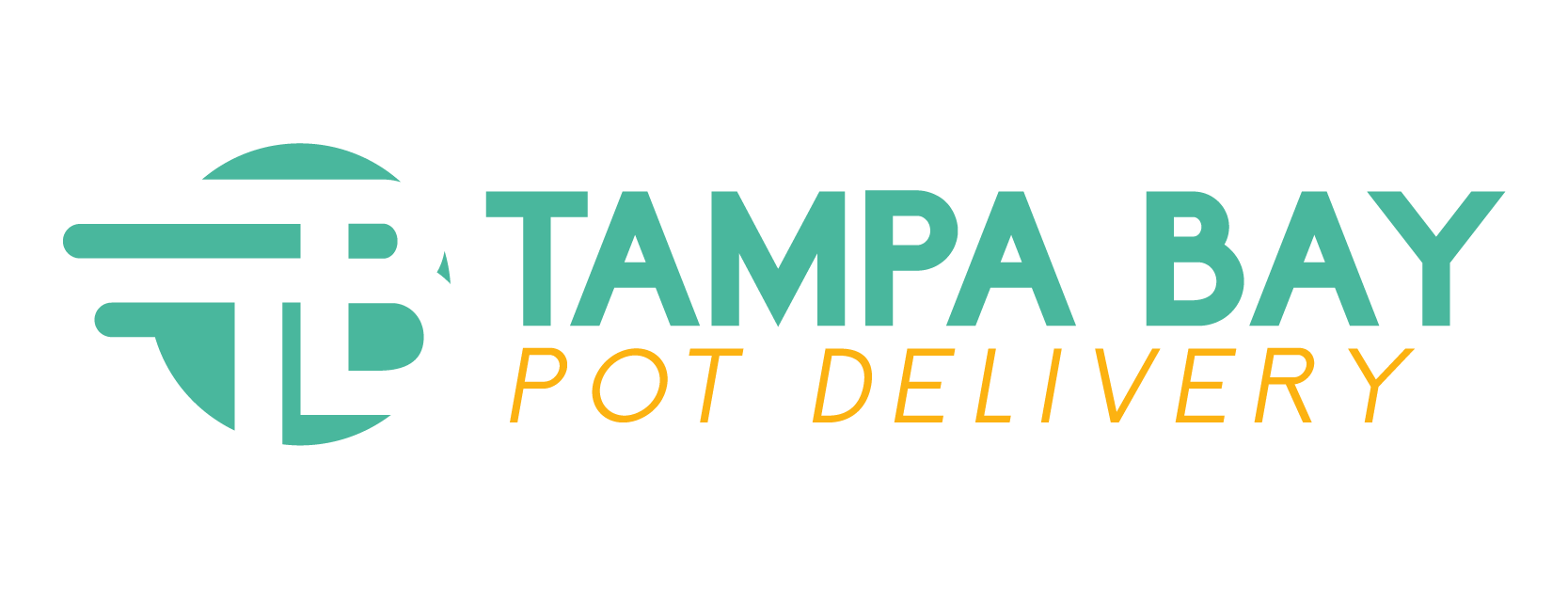Tampa Bay’s medical cannabis landscape offers a range of delivery options for qualifying patients, but subscription or recurring delivery services have yet to make their debut. While dispensaries like Surterra Wellness, MÜV, RISE, Trulieve, Fluent, and VidaCann all provide convenient home delivery to patients in the region, each service still requires an individual order to be placed by the customer every time.
In practice, this means that even frequent or long-term cannabis patients must log in, verify their medical card, browse products, and confirm each order manually—regardless of how consistent their needs may be. The convenience of having a subscription or automated order system simply doesn’t exist yet in Tampa Bay’s cannabis market.
The main reason for this gap lies in Florida’s current regulatory framework. State law requires that every medical cannabis transaction be carefully documented and verified, which includes checking patient ID, confirming purchase limits, and ensuring compliance with product availability and legal dosage. Because of these strict oversight mechanisms, automating deliveries in the form of a subscription poses a challenge from a legal and operational standpoint.
Each delivery must meet real-time compliance standards, and patients must be re-verified at the time of the order. Even recurring prescriptions, which exist in traditional pharmacies, involve check-ins and approvals that Florida’s cannabis system is not currently equipped to streamline into a “set-it-and-forget-it” model.
That said, the concept of cannabis delivery subscriptions isn’t entirely out of reach for the future.
Technological advancements in POS (point-of-sale) platforms and delivery apps could eventually help dispensaries offer recurring deliveries in a safe, compliant, and trackable way. The development of patient portals with built-in reminders, auto-fill ordering, and express re-order options already marks progress toward such functionality.
Patient demand could also play a major role. As more consumers voice interest in recurring deliveries—particularly for products they use daily, like tinctures, capsules, or vape cartridges—dispensaries may begin lobbying for legislation that allows greater flexibility in how products are ordered and delivered. Subscription-style services could be introduced first for non-THC wellness products such as CBD, topicals, or hemp-based items as a testing ground.
Some markets outside of Florida have already begun piloting subscription-style services in more liberal states with recreational cannabis laws. These programs offer insight into how automation and patient convenience can be balanced with compliance, delivery logistics, and product consistency.
For now, Tampa Bay customers will need to continue ordering manually for every cannabis delivery. But the appetite for innovation is clearly there—from both tech-savvy dispensaries and patients seeking greater convenience.
Whether subscriptions will become a reality in the near future may depend less on demand and more on how swiftly Florida’s cannabis laws can adapt to evolving consumer expectations.

